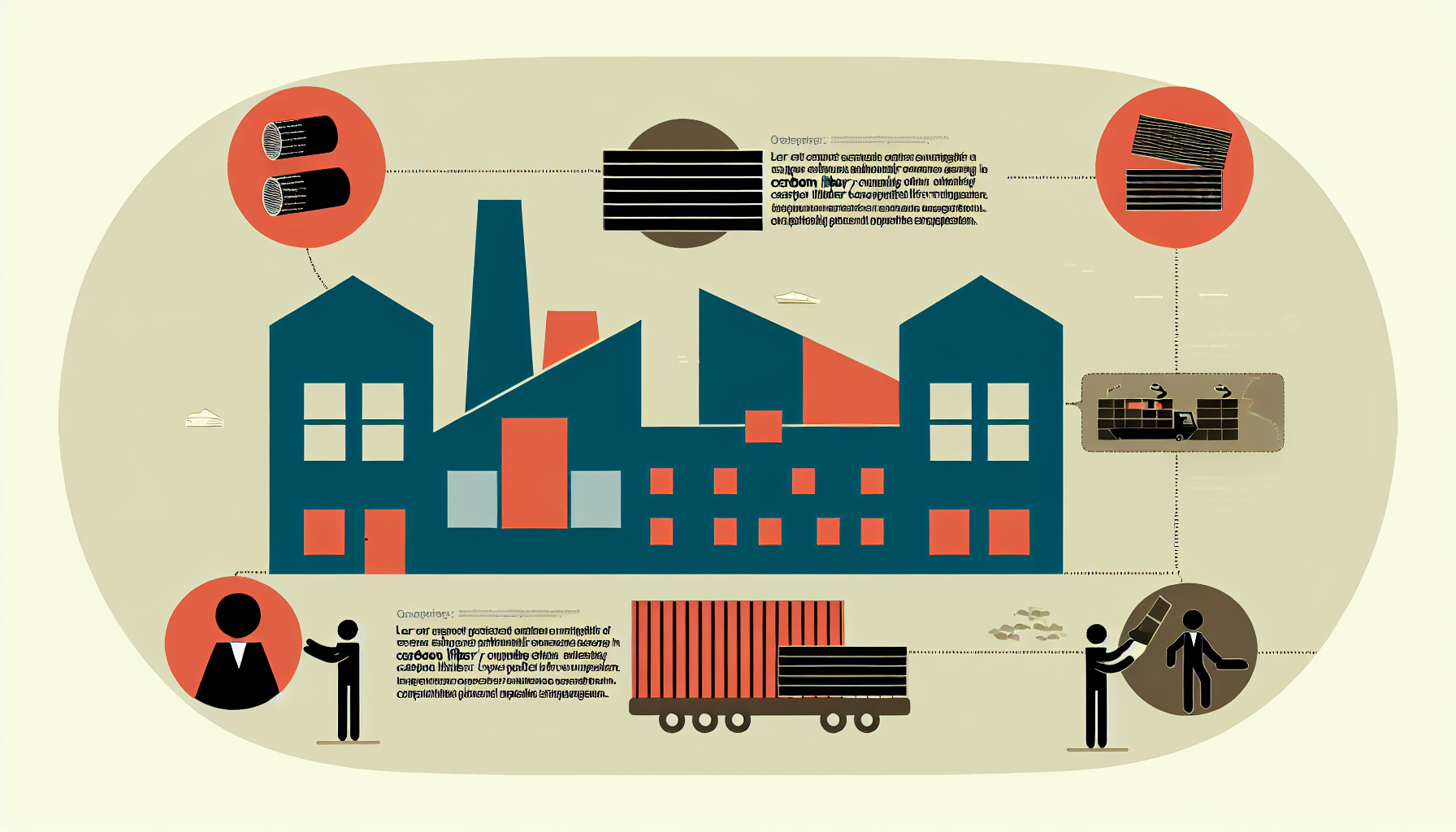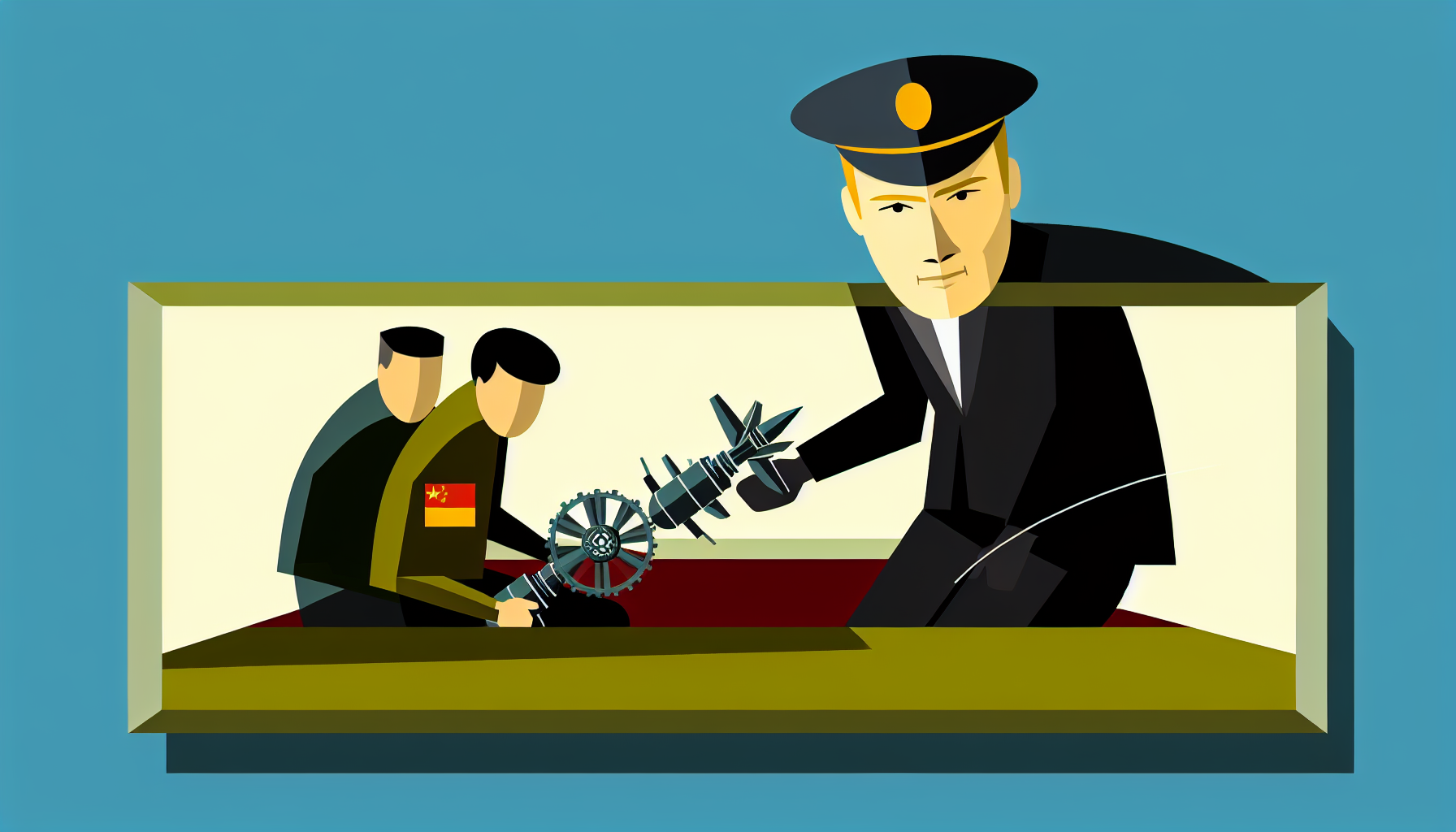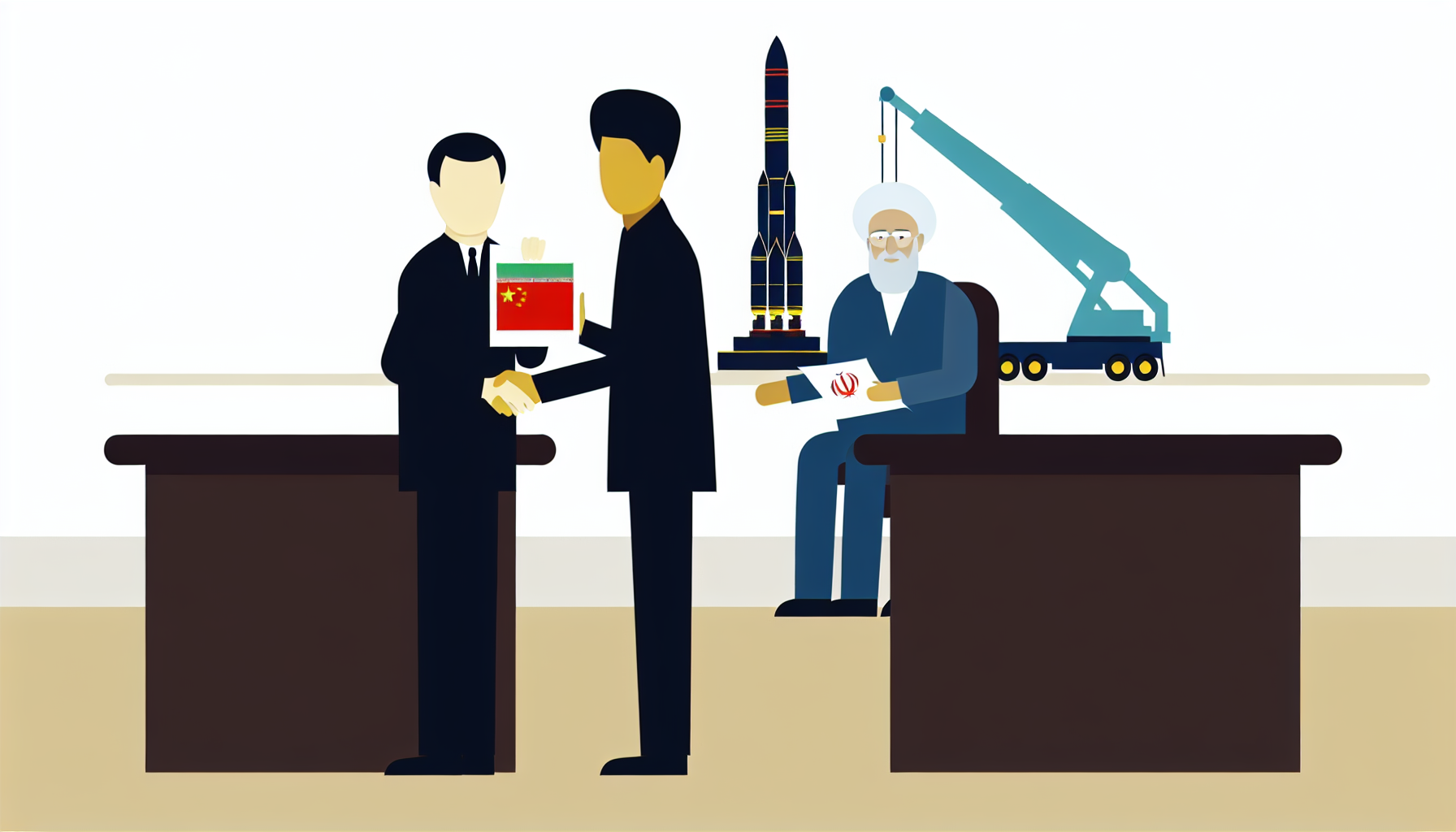[Disclaimer] This article is reconstructed based on information from external sources. Please verify the original source before referring to this content.
News Summary
The following content was published online. A translated summary is presented below. See the source for details.
The United States has imposed sanctions on entities and individuals primarily based in China and Hong Kong for supporting Iran’s ballistic missile program. According to the State Department, Iran remains heavily dependent on China to conduct its destabilizing activities in the Middle East, with China-based companies providing crucial economic and technical support to Iran and its proxy groups. These sanctioned entities are specifically helping Iran domestically produce carbon fiber, a critical material used in ballistic missile manufacturing. They supply carbon fiber, its precursors, and manufacturing equipment to various Iranian Revolutionary Guard Corps (IRGC) organizations that oversee the missile program. The action is part of President Trump’s maximum pressure campaign aimed at disrupting Iran’s ballistic missile development and denying the IRGC resources needed for destabilizing activities. The US emphasized it will use all available means, including sanctions on entities in third countries, to expose and disrupt Iran’s efforts to acquire equipment for its missile program, which threatens stability in the Middle East and beyond.
Source: US Department of State
Our Commentary
Background and Context

Ballistic missiles are powerful weapons that can travel long distances and carry explosive warheads – potentially even nuclear ones. Iran’s development of these missiles worries many countries, especially Israel, Saudi Arabia, and the United States, because they could be used to attack other nations or threaten vital shipping routes.
Carbon fiber is a super-strong, lightweight material that’s perfect for building missiles. It’s also used in many peaceful applications like cars, airplanes, and sports equipment. The problem arises when companies sell this technology to countries that use it for weapons instead of civilian purposes.
Expert Analysis
This sanctions action reveals several important aspects of international relations and weapons control:
Supply Chain Warfare: Modern weapons depend on materials and technology from multiple countries. By cutting off Iran’s access to key materials like carbon fiber, the US hopes to slow down or stop Iran’s missile development.
China’s Role: While China officially opposes Iran having nuclear weapons, some Chinese companies continue to trade with Iran for economic reasons. This creates tension between the US and China over enforcement of international sanctions.
The Challenge of Dual-Use Technology: Carbon fiber has many legitimate uses, making it hard to control. Companies can claim they’re selling it for civilian purposes even when it might end up in weapons programs.
Additional Data and Fact Reinforcement
Key facts about Iran’s missile program and international sanctions:
– Iran has one of the Middle East’s largest ballistic missile arsenals
– Iranian missiles can reach targets 2,000+ kilometers away, including Israel and US bases
– The IRGC (Iran’s Revolutionary Guard) controls the missile program
– Carbon fiber reduces missile weight while maintaining strength, improving range and accuracy
– Over 3,000 entities and individuals are currently under US sanctions related to Iran
Related News
This sanctions action connects to larger global issues:
– US-China trade tensions and competition
– Middle East security concerns and arms races
– International efforts to prevent nuclear weapons proliferation
– Global supply chain security and oversight
Summary

The US sanctions on Chinese companies supporting Iran’s missile program show how international politics affect global business. Countries can use economic tools to try to prevent the spread of dangerous weapons, but success requires international cooperation. The challenge is that materials needed for weapons often have peaceful uses too, making it difficult to completely stop their flow to countries of concern.
Public Reaction
Different groups have varied reactions to these sanctions:
– US allies generally support efforts to limit Iran’s military capabilities
– Chinese officials often criticize US sanctions as interference in legitimate trade
– Iranian officials typically claim their missile program is defensive
– International businesses worry about compliance costs and legal risks
Frequently Asked Questions
Q: How do sanctions stop missile development?
A: Sanctions make it harder and more expensive for Iran to get the materials and technology needed for missiles. Companies risk huge penalties for trading with sanctioned entities.
Q: Why doesn’t China just stop these companies?
A: China has its own sanctions enforcement, but some companies try to hide their activities. China also balances its relationship with the US against its economic interests with Iran.
Q: Could Iran build missiles without foreign help?
A: Iran has developed significant domestic capabilities, but it still needs some imported materials and technology to build advanced missiles. Complete self-sufficiency would be very difficult.
Q: Do these sanctions work?
A: Sanctions can slow down weapons programs and increase costs, but determined countries often find workarounds. Most experts say sanctions work best when combined with diplomacy and international cooperation.


